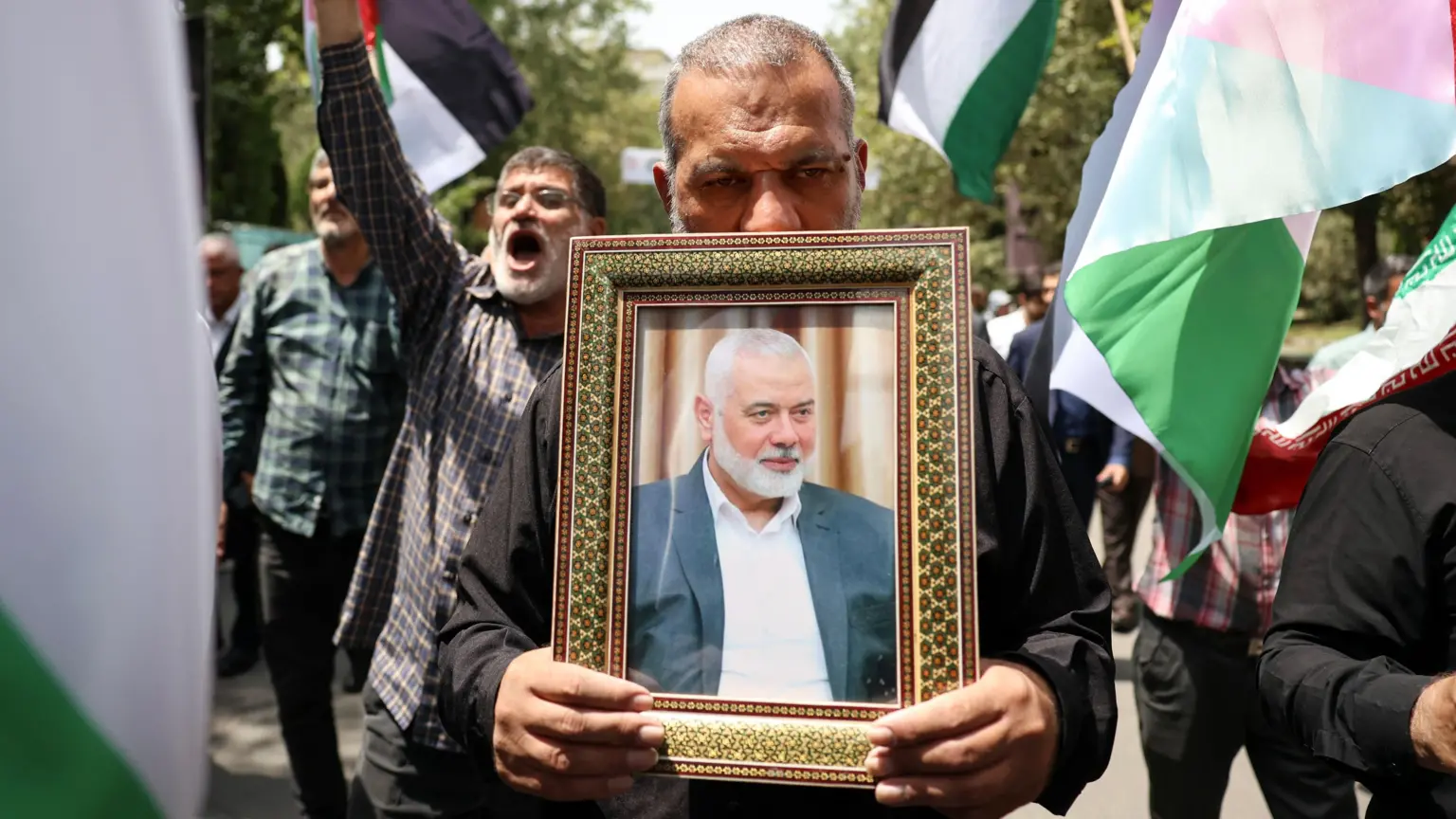We’re beginning to get some idea of how Ismail Haniyeh was killed. Early indications suggest that he and his bodyguards died when a rocket hit the house where he was staying in Tehran.
All eyes will inevitably fall on Israel, which vowed to hunt down and punish all Hamas leaders following the brutal attacks of 7 October, in which around 1,200 Israelis and foreigners were killed.
Israel typically does not comment on its operations abroad, but this attack may have followed the same pattern as an Israeli operation which targeted Iranian air defences around its nuclear facility in Natanz on 19 April.
Israeli jets are believed to have fired rockets from outside Iranian airspace.
But while details of the attack slowly emerge, its political consequences are also coming into focus.
The most obvious is the likely damage to fragile efforts to negotiate a ceasefire in Gaza.
Ismail Haniyeh may not have been in charge of day-to-day events on the ground in Gaza – that is the domain of the military commander Yahya Sinwar – but as the Hamas leader in exile he was a critical interlocutor in negotiations brokered by Qatar, the US and Egypt.
American officials had recently suggested that ceasefire negotiations might soon succeed, although a meeting in Rome last weekend did not result in a breakthrough.
But it is extremely hard to see how any progress can be made in the immediate wake of the assassination of Ismail Haniyeh.
Read more at BBC.com



